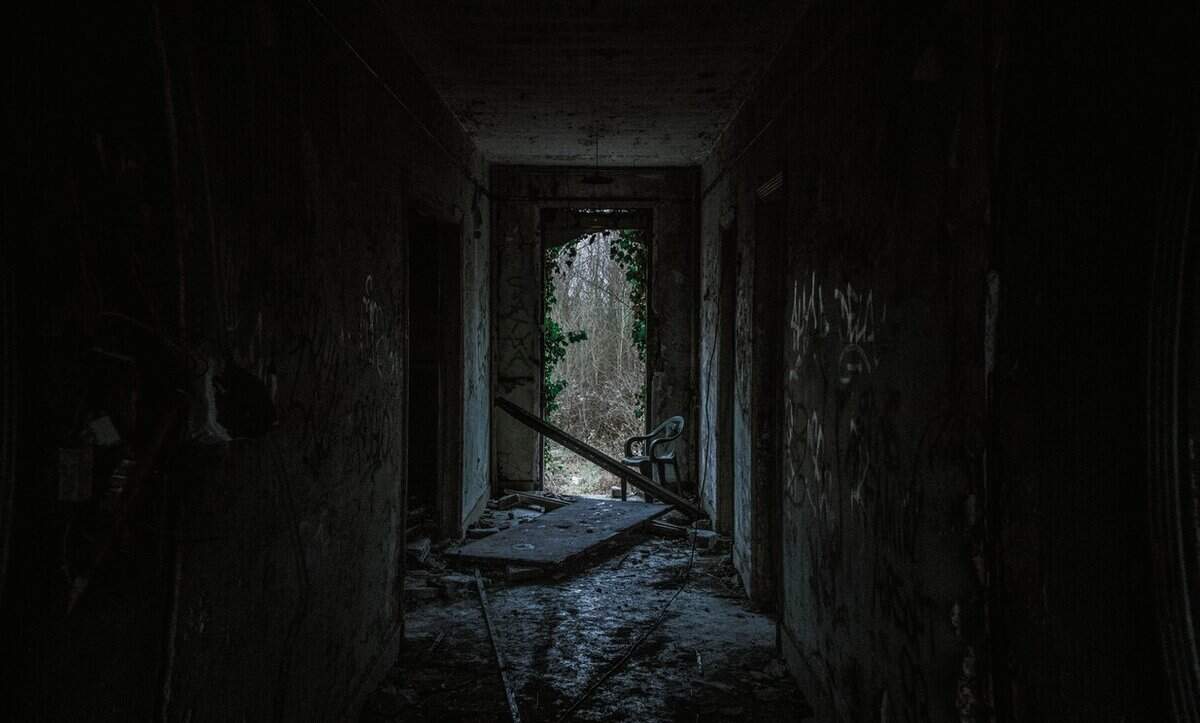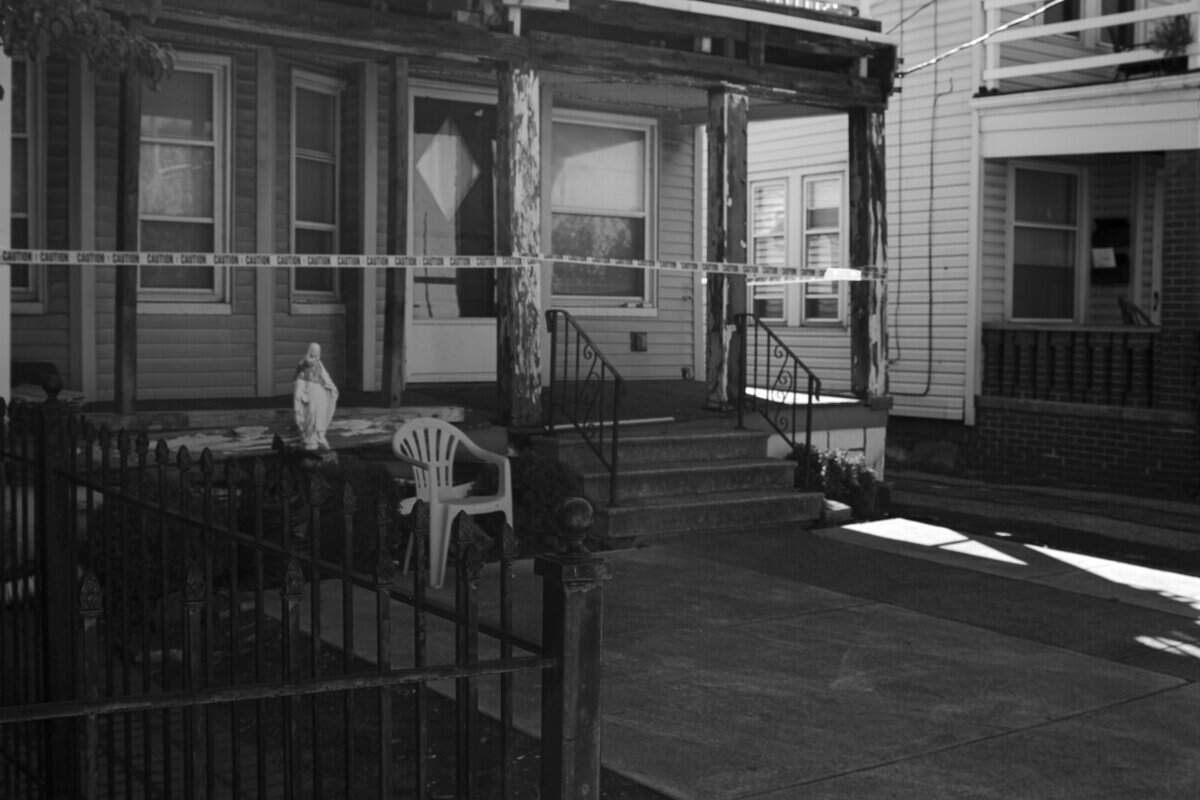True crime is everywhere – Netflix documentaries, YouTube channels, streaming series inspired by real-life murderers, and even social media trends.
Why are we so obsessed with these dark stories? How is it possible that we’re ever so fascinated with something so disturbing?
And more importantly, why do so many of us seem to find comfort in this kind of content?
Let’s explore why true crime has become one of the most addictive and talked-about genres today.
1. The Thrill of the Unknown
True crime content introduces us to mysteries we can’t solve ourselves.
We love the opportunity to piece clues together, figure out motives, or guess how it all ends. It’s like a real-life puzzle, and our brains get a rush from solving it.
Not to mention, when it’s produced by a great storyteller, it reaches new heights.
This approach in itself is fascinating, because it essentially banalizes serious, real-life tragedies and turns them into amusement.
However, it’s that puzzling experience that makes the content so addictive. We crave that adrenaline hit.
It could be said that it satisfies our innate desire for mystery and discovery.
2. The Fascination with Darkness
Humans are naturally drawn to the darker side of life – things we’re warned against early on, like violence, betrayal, and murder.
True crime gives us a safe way to esplorare these taboo topics without actually being in danger.
We get to peek behind the curtain of society’s darkest corners, from the comfort of our own homes.
This fascination might stem from curiosity, fear, or even a subconscious desire to understand evil so we can better protect ourselves.
It’s a way of confronting our fears indirectly, which can feel oddly empowering.
The morbid allure of true crime is rooted in this complex mix of fear, intrigue, and curiosity.
3. The Need for Justice and Closure
Many true crime stories involve unresolved questions or miscarriages of justice, which keep us even more invested, as it leaves us craving closure.
Listening to or watching these stories helps satisfy our urge to see justice served.
We want to know that the victims’ stories matter, that the murderers get caught, and that the truth comes out.
Some see it as our way of seeking justice in a world that often seems unfair.
This desire for justice and closure keeps us glued to our screens, as we’re served increasingly disturbing content.
4. Morbid Curiosity
Humans are naturally curious creatures, especially about things that are considered taboo or off-limits.
Morbid curiosity is a powerful instinct; that’s why we slow down to look at car accidents or watch horror movies.
True crime feeds into this curiosity, letting us peek into the minds of killers and see the worst of human behavior without actually being involved.
It’s a safe way to explore our darker impulses, test our boundaries, and confront our mortality.
This kind of curiosity gives us a thrill that’s hard to find elsewhere, making this genre both unsettling and fascinating.
5. The Empathy Factor
Despite the gruesome subject matter, many of us feel real empathy for the victims and their families.
True crime stories humanize real people who faced unimaginable trauma, allowing us to put ourselves in their shoes, and empathize with their fear and anger.
This emotional experience can be comforting, as it makes us appreciate our lives and safety di più.
It also sparks conversations about justice, mental health, and societal issues.
This empathy makes true crime more than just entertainment; it’s a way to connect, understand, and even learn something about human nature.
6. The Comfort of It
For many, true crime podcasts or shows are a form of background noise. I often do my makeup with it playing in the background, which I admit is a bizarre habit.
It’s oddly comforting to listen to these stories while doing something mundane.
Il familiarity of the narration or the storytelling style feels safe, even if the content is dark.
It’s a weird paradox – finding comfort in stories about terrible things – because it makes the ordinary feel less dull.
That’s how true crime becomes a weird, comforting companion for many people.
7. The Appeal of the Serial Killer Persona
Serial killers like Ed Gein, Ted Bundy, and Richard Ramirez have become almost mythic figures in pop culture.
Many people are fascinated by their personalities, pasts, e psychological profiles that explain their behavior.
Shows inspired by real-life murderers tap into this fascination, turning these villains into sensationalized, almost legendary figures.
It’s a strange mix of horror and curiosity, like not being able to look away from a car crash.
This obsession with killers feeds our curiosity about what makes someone do something so utterly terrible.
It’s morbid fascination mixed with a desire to understand the unthinkable.
8. Sensationalism and Media
As true crime has gained popularity, it’s become more sensationalized.
Media outlets often exaggerate details or focus on the most shocking aspects to grab attention, as though the real story itself wasn’t terrible enough.
While this draws in viewers, it also distorts the reality of these crimes, often turning them into cheap entertainment.
This trend is also one of the things that fuel our obsession, as it lets us forget these awful things actually happened to someone.
9. The Psychological Escape
True crime can serve as a form of escapism. It transports us into a world that’s completely different from our own.
Listening to these stories can temporarily distract us from our daily struggles and worries, and instead make us grateful for being safe and alive.
For some, it’s a psychological escape from boredom and stress, giving a sense of adrenaline without actual danger.
This escapism makes true crime not just fascinating but also an effective way to take a break from reality, even if it’s a twisted one.
10. The Social Aspect
Finally, true crime is very social. People love to talk about these stories, share theories, and debate what really did or didn’t happen.
It creates a sense of community, whether online or in real life.
And the fact that this genre explores real-life tragedies, these conversations feel actually meaningful.
It’s a way to connect with others, satisfy our social needs, and feel part of something bigger. It actually brings people together.
It’s this social aspect that makes true crime not only a genre, but a phenomenon.
A little Aquarius, devoted to writing and embroidery. Through my writing, I hope to empower readers to align with their true selves and navigate life’s mysteries with confidence.











